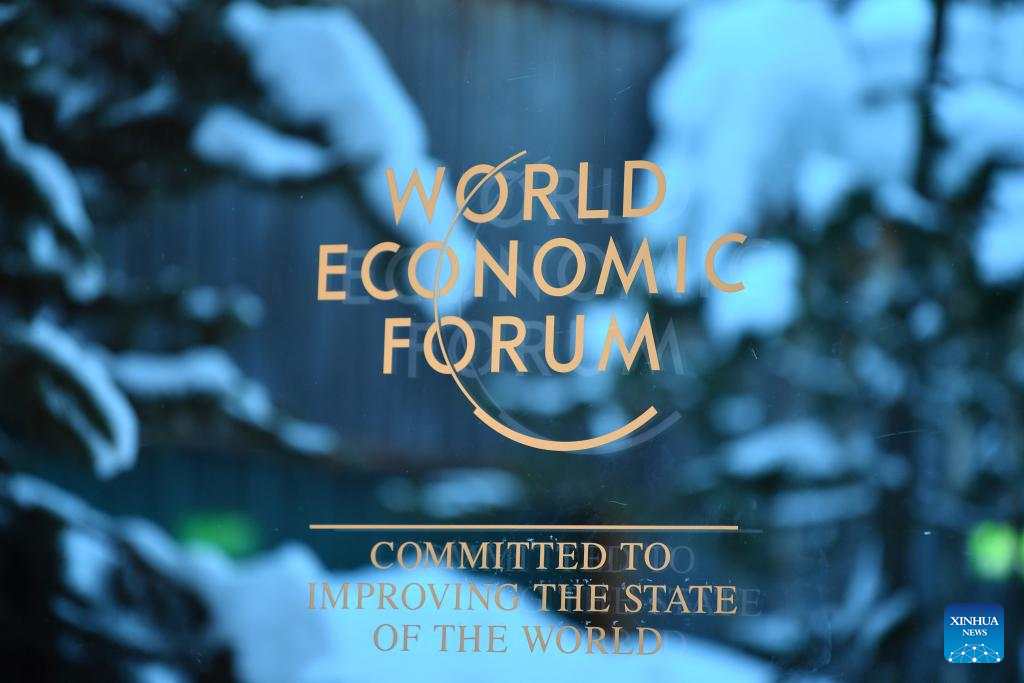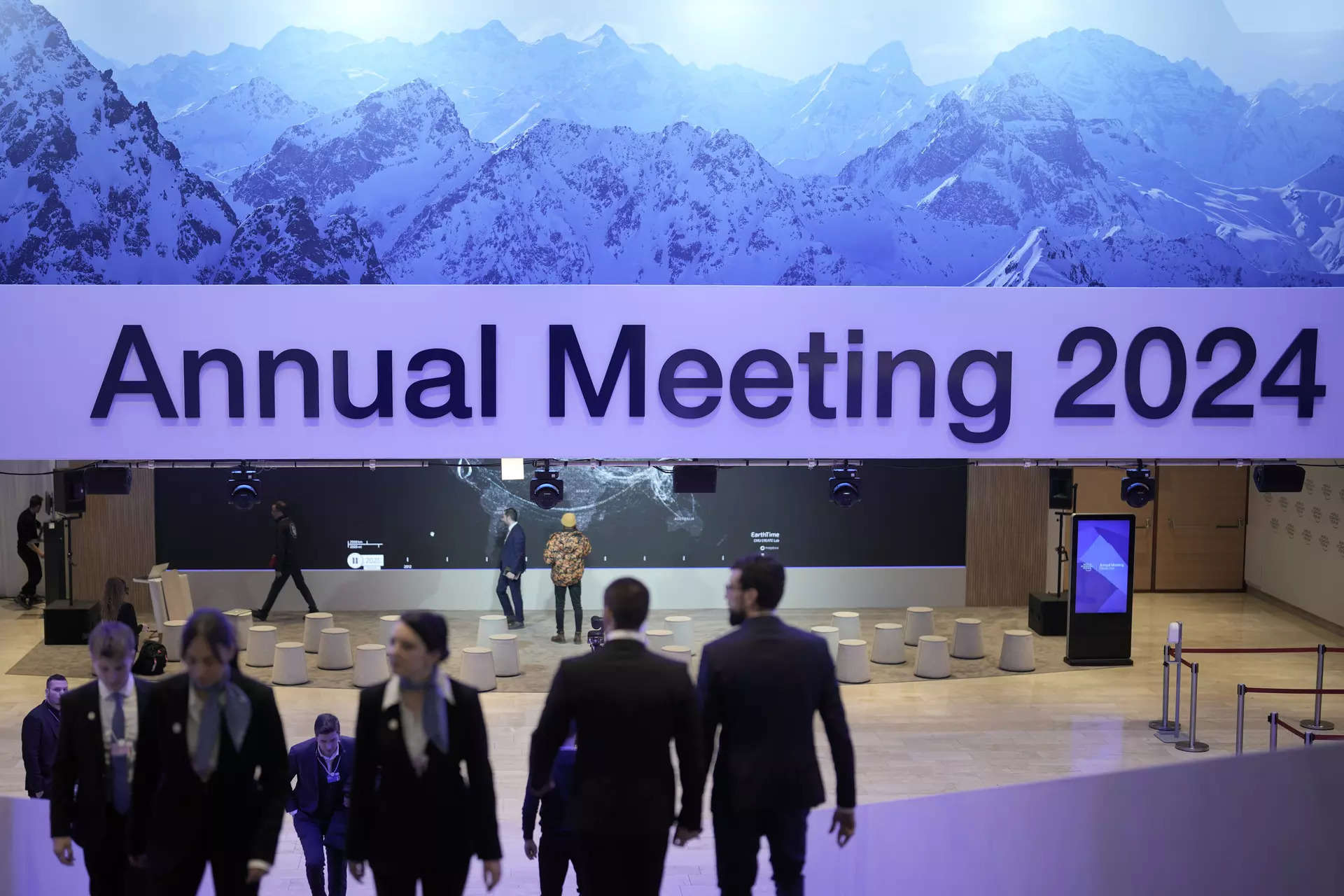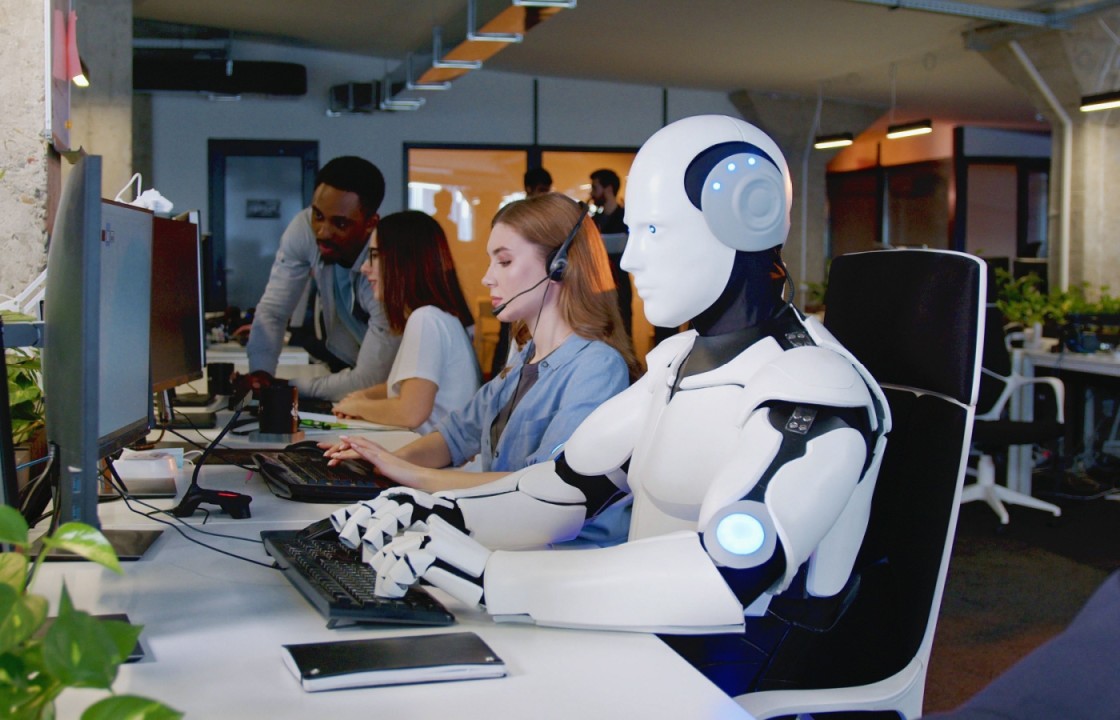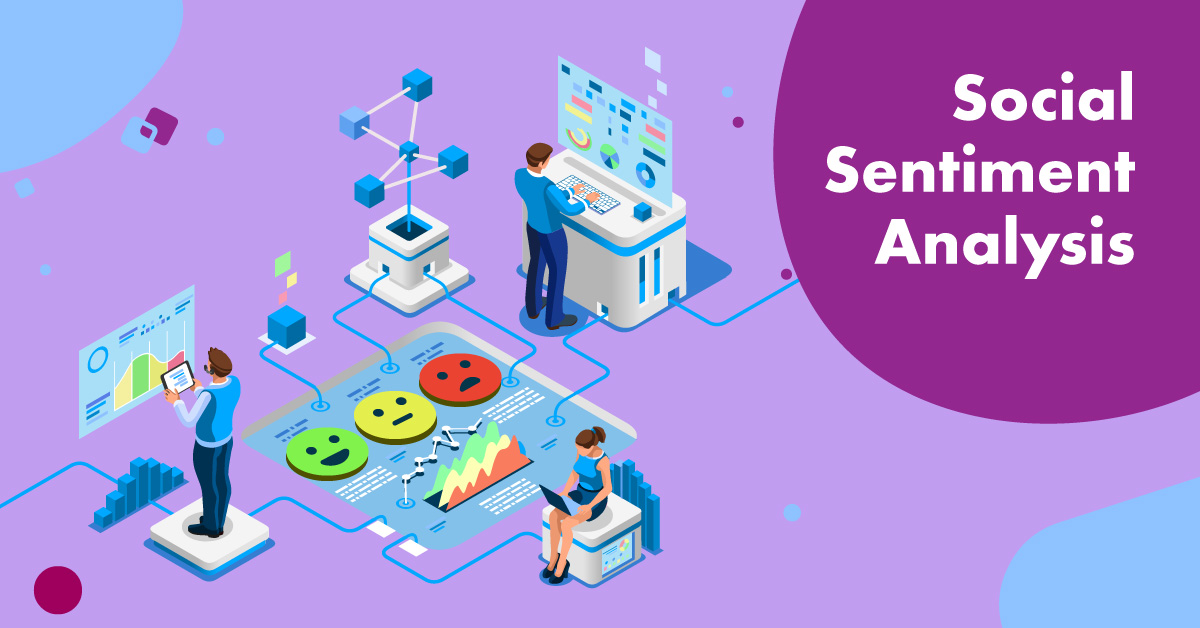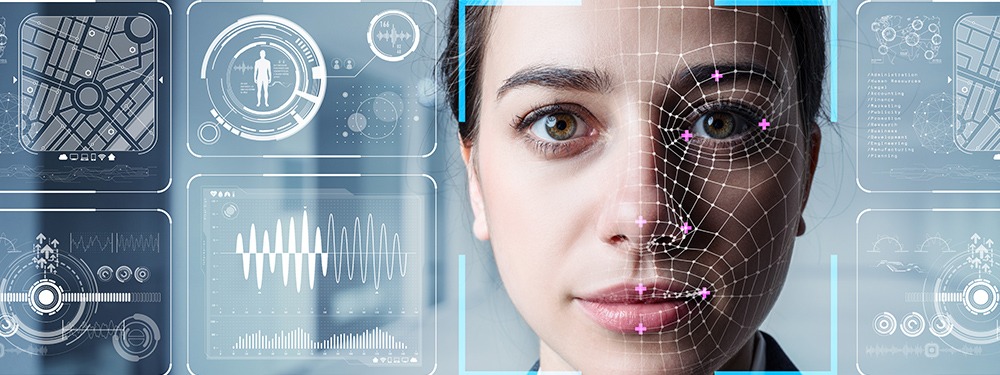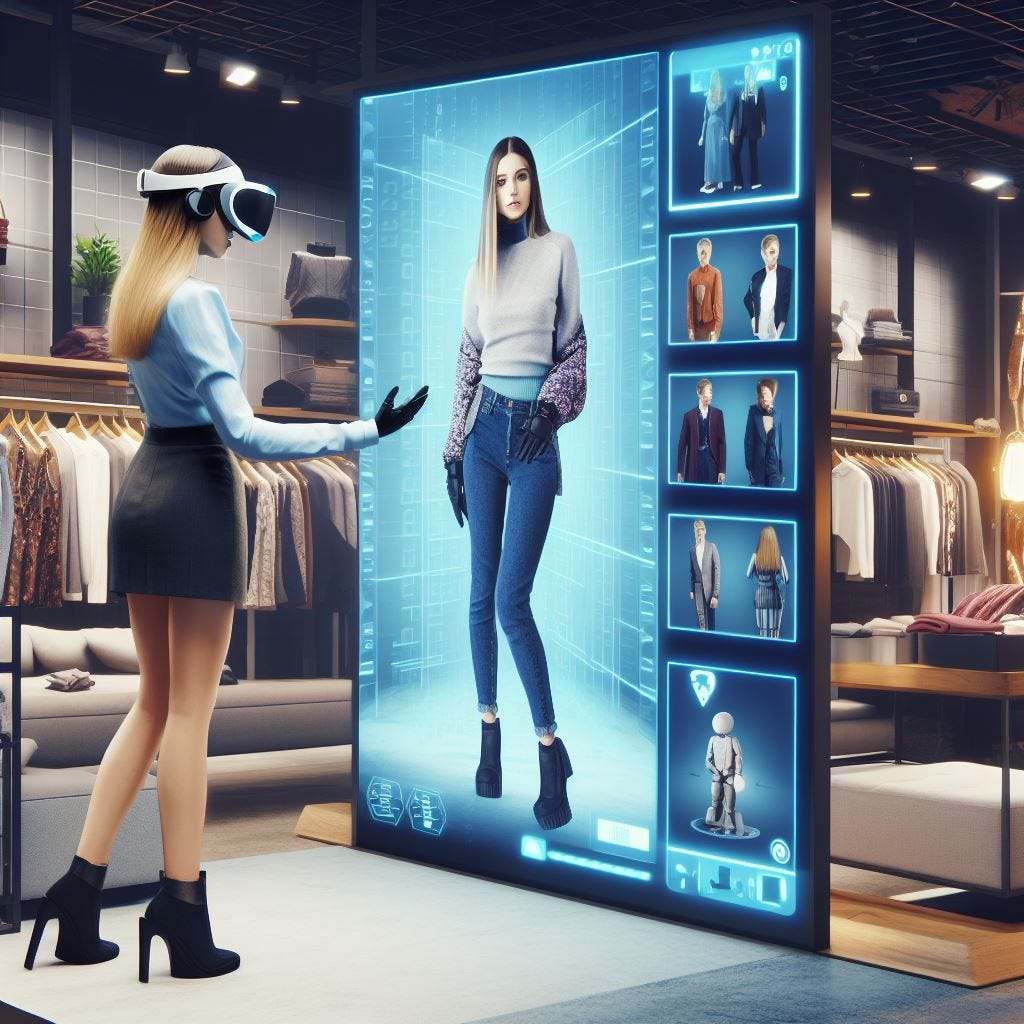The 2024 World Economic Forum meeting in Davos event marked a significant milestone in the AI for Good movement, as Artificial Intelligence (AI) was top of mind and top of the programme. AI for Good took part in a range of thought-provoking discussions, proposed innovative solutions, and was a leading voice surrounding the future of AI. The ITU AI for Good team participated in several key events organized by the newly formed AI House Davos, which proved a key meeting point for leading thinkers in AI to come together.
The ITU Secretary-General, Doreen Bogdan-Martin participated in the high-level talk, “AI Geopolitical Implications for Business, Government, and Society” at the AI House in Davos on Tuesday 16 January. She joined Brad Smith, Vice Chair and President of Microsoft, Amandeep Gill, Under-Secretary-General, UN Tech Envoy and Marie-Laure Salles, Director of The Geneva Graduate Institute, who shared their insights and expertise on this key topic, in front of a highly engaged audience.
The event, “AI & Health Equity – Can We Crack the Code?” held on 17th January, was hosted by EY and Anil Soni, CEO of the WHO Foundation. The session focused on the role of AI in enhancing global health equity. Key figures from industry, public institutions, and academia, including Frederic Werner, Head of AI for Good and Strategic Engagement at ITU alongside Anne Aerts, Head of the Novartis Foundation, Juan M. Lavista Ferres the Chief Scientist and Lab Director of the Microsoft AI For Good Research Lab , and representatives from the ICRC, ILO, and Bayer, discussed AI’s potential in healthcare – from mobile health and telemedicine to epidemic predictions and personalized medicine.
The event also highlighted the Global Initiative on AI for Health, a joint effort with ITU, WHO and WIPO, focused on leveraging artificial intelligence to address global health challenges. This initiative includes an open-source platform, which facilitates the sharing of code and resources, aiming to foster innovation and collaboration in healthcare technology.
The following day, “Harmony in Coexistence: Navigating the Future of Human-AI Partnership” was an open panel discussion. Guillem Martínez Roura, our AI and Robotics Programme Officer, joined leading AI experts from ETH Zurich and Stanford in a conversation on how AI can augment rather than replace human capabilities. The session underscored the different ways AI can support us in achieving the Sustainable Development Goals and ensuring nobody is left behind in the AI race.
Governance: The Safety Net for Our AI Skynet
Amidst the excitement, a cautious undercurrent ran through the forum: the specter of unchecked AI, a dystopian future fueled by algorithms gone rogue. But fear not, dear reader, the human spirit of collaboration kicked in. The need for robust governance – think fail-safe protocols, rigorous testing, and a healthy dose of transparency – was a recurring theme. After all, we wouldn't let a toddler play with a chainsaw without some serious guardrails, so why should we hand over the keys to the AI kingdom without similar precautions?
Open Source for the AI Revolution
But it's not all doom and gloom. Davos also celebrated the democratization of AI through open-source tools like Bard or GPT-Neo. These readily available frameworks empower anyone, from tech giants to tiny villages, to experiment and adapt AI for their specific needs. Imagine public services powered by AI bots that speak your language, personalized learning platforms that adapt to your pace, or sustainable infrastructure designed by AI algorithms. Open-source AI might just be the secret sauce for a more equitable and innovative future.
Challenges and the Road Ahead
Of course, the path to AI Utopia isn't paved with silicon chips alone. Bias, data privacy, and ethical dilemmas are dragons we need to slay before venturing forth. We need to ensure AI doesn't perpetuate inequalities, invade our privacy, or become a tool for the privileged few. This requires ongoing research, open dialogue, and a constant striving for ethical principles embedded into every line of code.
Davos 2024 was a wake-up call. AI is here, and it's not going anywhere. But instead of cowering in fear, let's embrace its potential with responsibility and collaboration. We can shape AI, not the other way around. So, let's roll up our sleeves, code, analyze, and most importantly, think critically about the future we're building with our silicon companions. After all, the rise of the machines doesn't have to be the end of humanity – it could be the start of a truly amazing partnership.
Our final event featured a keynote from Frederic Werner, Head of AI for Good and Strategic Engagement at ITU, on “AI for Good Uses Cases.” The talk hosted Sean Murphy from ImpactScope, Diana Rose from InsigAI, Michele Soavi of ImpactScope and Henning Diedrich of Lexon. This session highlighted cutting-edge AI use cases for the Sustainable Development Goals (SDGs), with an emphasis on the use of AI in identifying greenwashing, the importance of inclusive datasets for AI, and the application of blockchain technology for explainability in AI decision-making.
In addition to high level talks, Davos is the key meeting place for top thinkers to come together on the sidelines. AI for Good held meetings with some of the key contributors of the upcoming AI for Good Global Summit 2024. In a meeting with Nick Thompson, the CEO of The Atlantic, he confirmed keynote interviews with Geoffrey Hinton, renowned computer scientist known colloquially as “the Godfather of AI” and Sam Altman, CEO of OpenAI. He will give a talk himself in AI and media at the AI for Good Global Summit 2024. Long time supporter of AI for Good, Stuart Russell, will curate 2 days of sessions in AI safety and Risk at the summit with Amir Banifatemi.
For more information contact us : support@mindnotix.com
Mindnotix Software Development Company


 AI-Taxi App
AI-Taxi App AI-Food App
AI-Food App AI-Property Mgmt App
AI-Property Mgmt App AI-CRM
AI-CRM AI-Fantasy App
AI-Fantasy App
 Web Development
Web Development App Development
App Development Business & Startup
Business & Startup Hire Developer
Hire Developer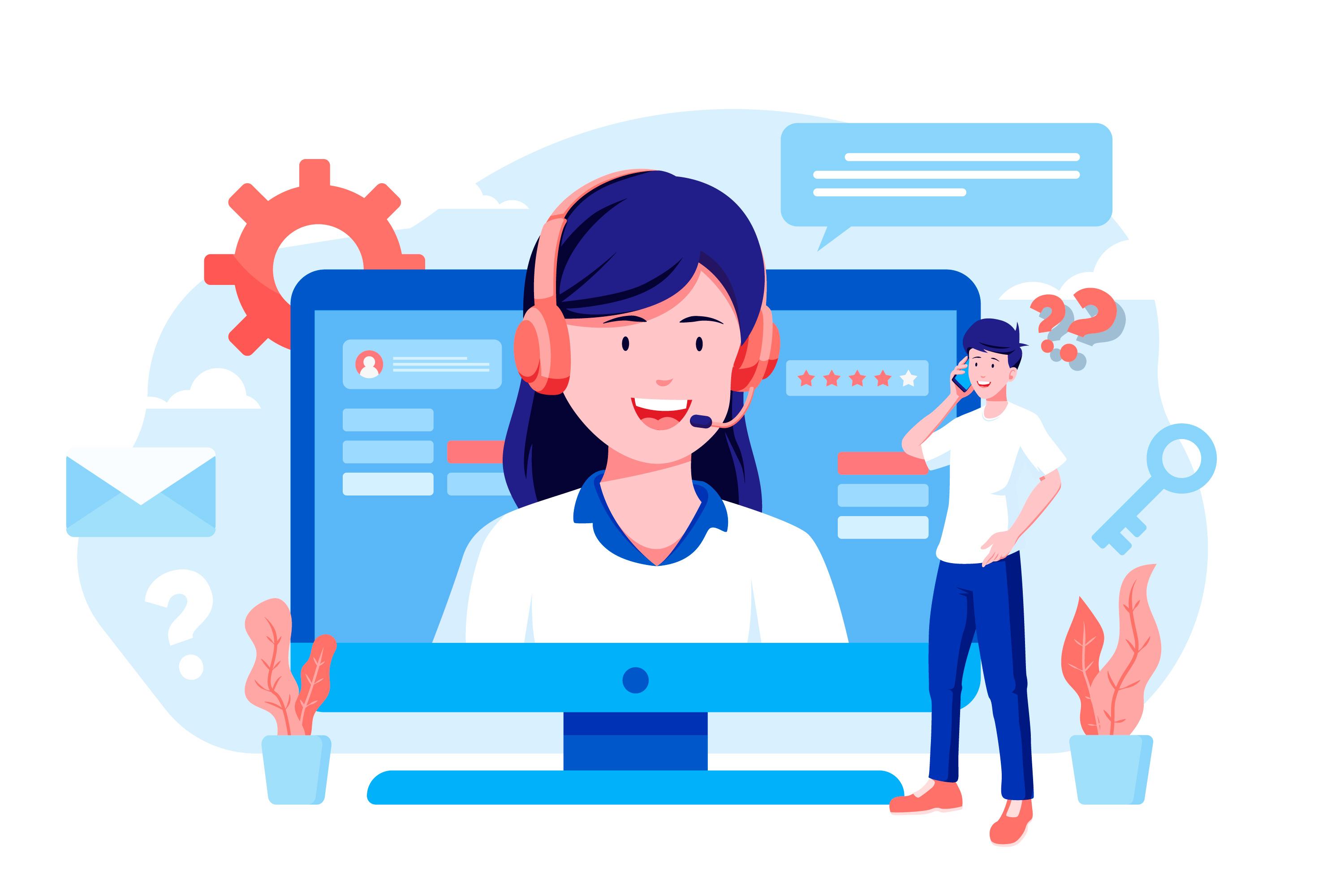
 Digital Marketing
Digital Marketing Lead-generation
Lead-generation Creative Agency
Creative Agency Branding Agency
Branding Agency Augmented Reality
Augmented Reality Virtual Reality
Virtual Reality Internet of Things
Internet of Things Artificial Intelligence
Artificial Intelligence Blockchain
Blockchain Chatbot
Chatbot